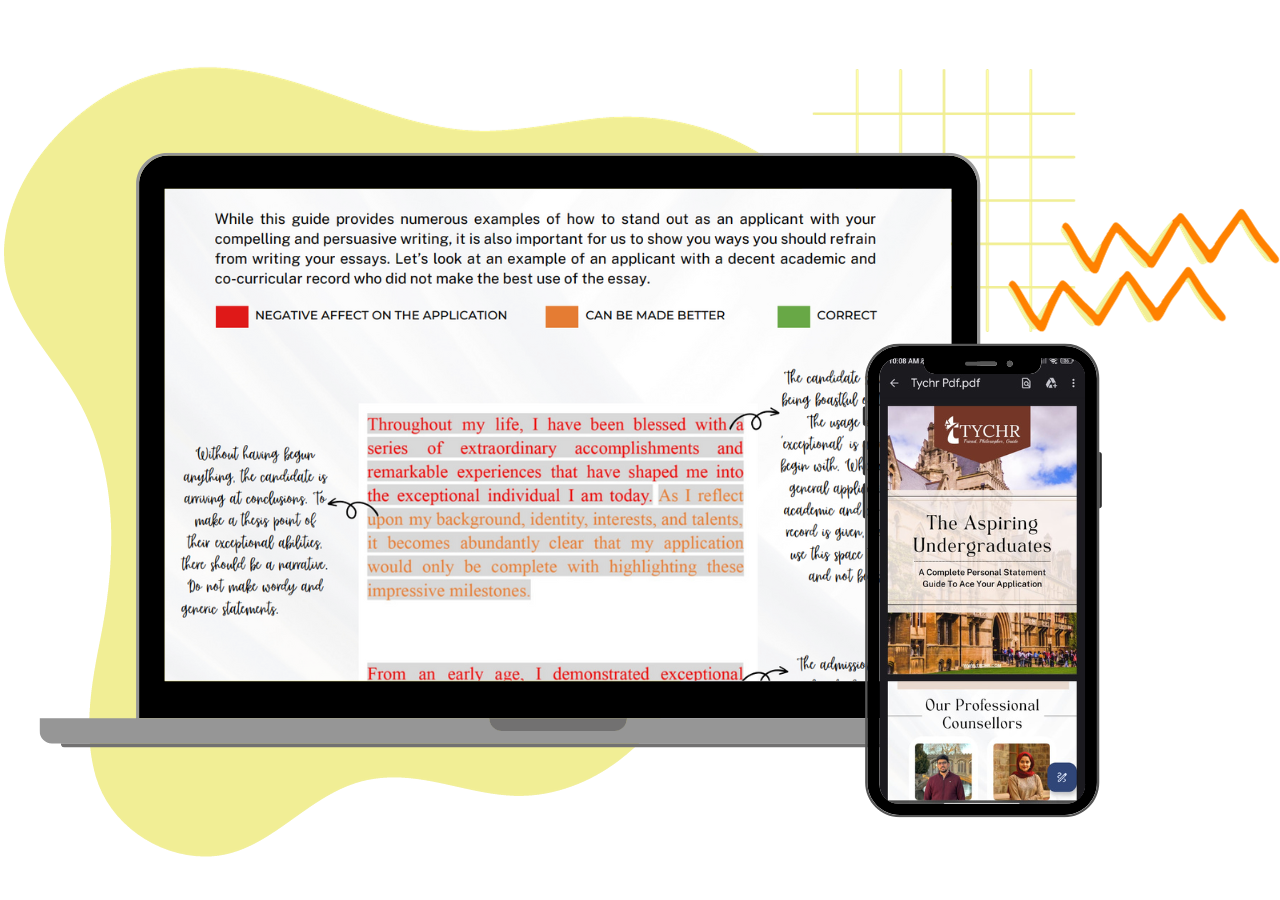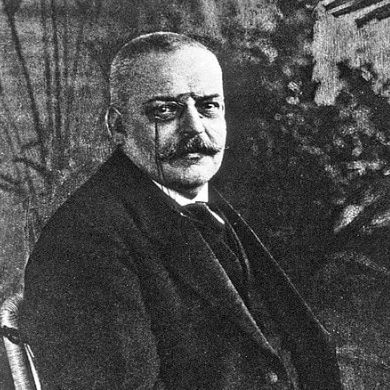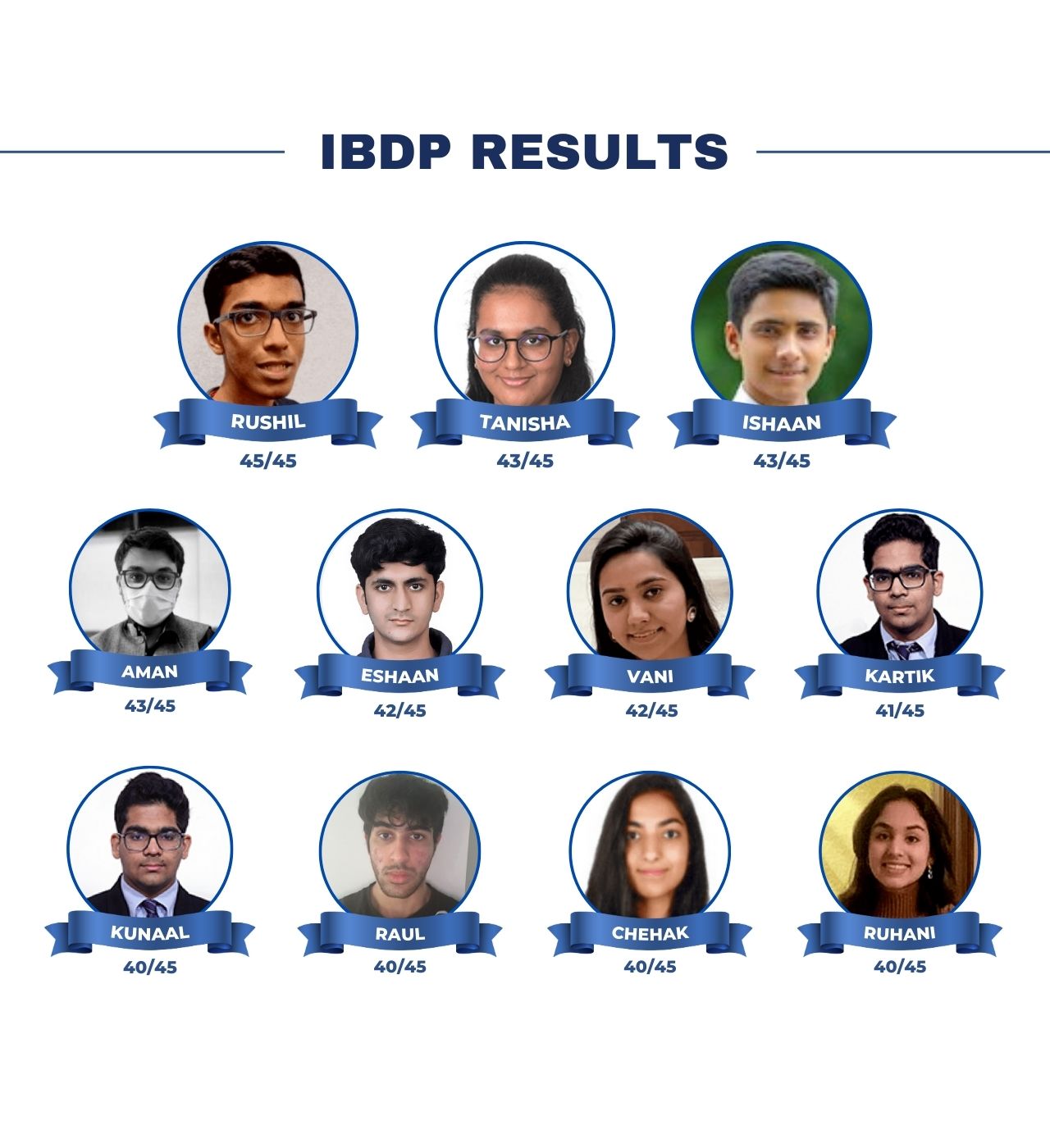
A brief history
Established in 1402, the University of Würzburg stands as one of Germany’s most ancient centers of higher education. Its inception was followed by a temporary cessation in 1415, only to be revived in 1582 through the efforts of Julius Echter von Mespelbrunn. Over the course of its extensive and vibrant history, the university underwent secularization in 1814 and gained prominence primarily for its distinguished medical school. Presently, the institution is identified by the names of both Julius Echter von Mespelbrunn and Maximilian Joseph, paying homage to its illustrious past.

















